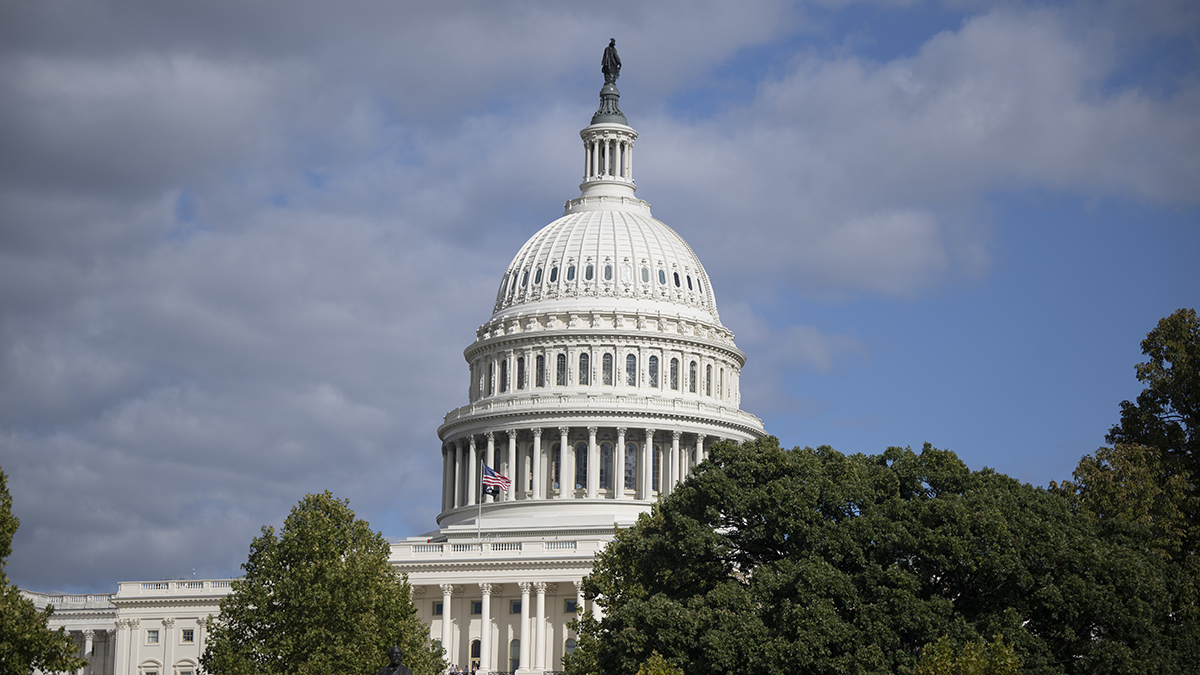Transgender Texans can no longer change the sex on their driver’s license to align with their gender identity — even if they present the state with a certified court order or an amended birth certificate verifying the change, according to an internal agency email.
Sheri Gipson, the chief of the state’s driver's license division, confirmed the policy change to KUT on Wednesday. A day earlier, Gipson sent an internal email detailing the change she said would go into effect immediately, a photo of which was obtained by The Texas Tribune.
A Department of Public Safety employee, which issues driver licenses, confirmed they received the email but declined to comment further.
Under previous DPS rules, people could change the sex on their driver’s license if there was a clerical error or if they presented an amended birth certificate or an original certified court record.
On Tuesday, DPS stopped accepting court orders as a basis to change a person’s sex on their driver's license, the agency announced in a statement Wednesday evening. The change was prompted by the office of Texas Attorney General Ken Paxton’s concerns about “the validity” of court orders.
“Neither DPS nor other government agencies are parties to the proceedings that result in the issuance of these court orders,” the statement read, “and the lack of legislative authority and evidentiary standards for the Courts to issue these orders has resulted in the need for a comprehensive legal review by DPS and the OAG.”
Get Tri-state area news delivered to your inbox. Sign up for NBC New York's News Headlines newsletter.
Transgender Texans are now effectively barred from obtaining an accurate foundational government document and could become especially vulnerable to discrimination and harassment, said Ian Pittman, an Austin attorney who works with transgender Texans. The change has also raised privacy concerns from advocates of transgender people who worry their personal information will be used with malicious intent.
U.S. & World
The internal email directs driver's license employees to send the names and identification numbers of people seeking to change the sex on their license to a particular email address with the subject line “Sex Change Court Order.”
Employees are also instructed to “scan into the record” court orders or other documentation relating to the sex change request.
It is not clear how that information will be used. Two years ago, Paxton directed DPS employees to compile a list of individuals whose genders had changed on their Texas driver’s licenses and other department records.
At the time, state lawmakers, Gov. Greg Abbott and the attorney general had been pressing to limit the rights of transgender people. More than a dozen anti-LGBTQ measures were filed ahead of the 2023 legislative session and Abbott ordered the state to investigate the provision of gender-affirming care as child abuse.
Advocates worry that the data Paxton sought could be used to further restrict their ability to transition. The latest rule change has raised similar concerns among advocates, such as Brad Pritchett, interim CEO of Equality Texas, an LGBTQ+ advocacy group.
“Texans will now be subject to involuntary surveillance for simply trying to update a government document,” Pritchett said in a statement. “There is no clear reason why this information would be useful to the DPS nor is there a legitimate reason to deny gender marker updates on driver’s licenses.”
For decades, state agencies have accepted certified court orders as a basis to amend a person’s sex on government issued documents. According to the Texas Department of State Health Services a court order is an acceptable document to request a change to birth certificates.
In 2023, the Texas Senate advanced legislation that would prohibit the sex listed on someone’s birth certificate from being amended unless the change was to correct a clerical error. The bill died after it failed to get a hearing in the House Public Health Committee.
Pittman, the attorney who represents transgender people, is advising his clients to hold off on submitting court orders to the state because he worries they could be targeted.
“It will put people on a list that could interfere with their health care,” Pittman said. The state has already passed a gender-affirming care ban for minors, and Pittman worries that could be expanded to adults in Texas.
The attorney general did not immediately respond to the Tribune’s request for comment on DPS’ action this week.
Other states, including Florida and Kansas, have also blocked transgender residents from changing their gender on their driver’s licenses.



